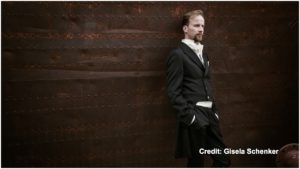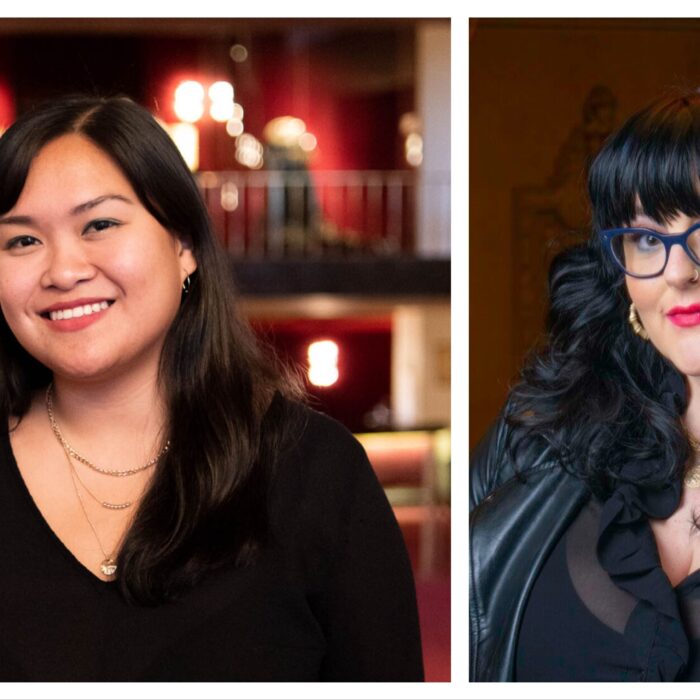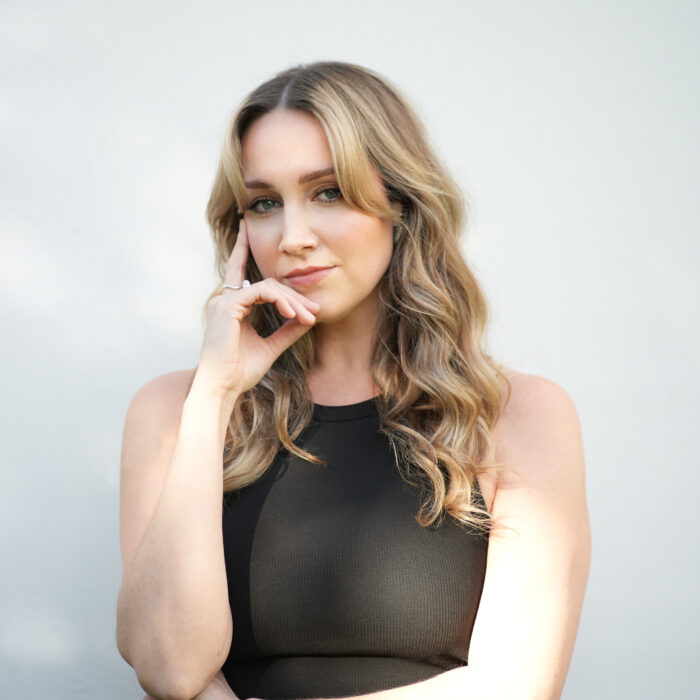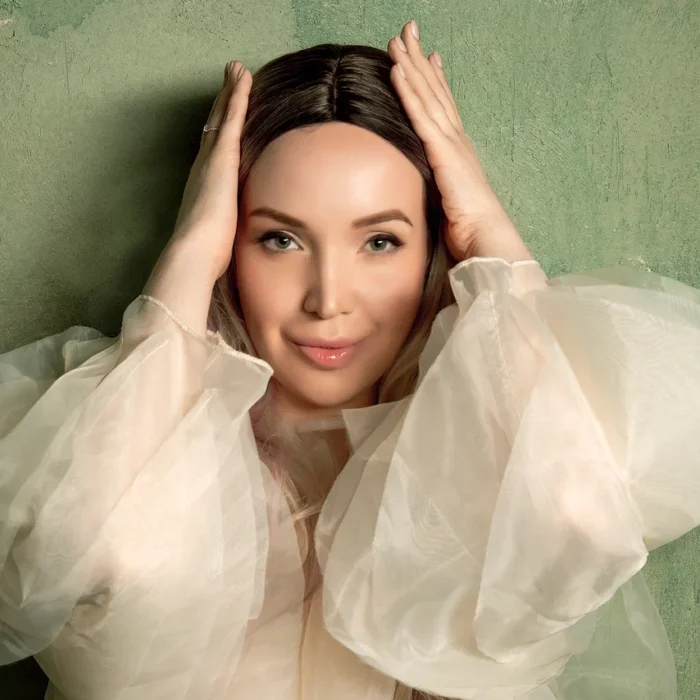
Q & A: Peter Schöne On His UK Opera Debut in ‘The Hunting Gun’
By David SalazarBaritone Peter Schöne has enjoyed a solid international opera career at over 20 opera houses around the world, including the Komische Oper Berlin where he made his debut in “Greek” back in 2002. And now he will add to his list of operatic exploits when he performs his first opera in the UK this June in “The Hunting Gun.”
The baritone’s musical beginnings kicked off when he was five years old and was studying the violin. But eventually he came to singing and developed his craft through a plethora of masterclasses with such opera luminaries as Brigitte Fassbaender, Dietrich Fischer-Dieskau, Francisco Araiza, Edda Moser and Thomas Hampson.
Schöne recently spoke to OperaWire about his upcoming UK opera debut as well as other projects on the horizon.
OperaWire: How did you first know that you wanted to be an opera singer?
Peter Schöne: I didn’t choose to be an opera singer. Initially, I rather liked the idea of being a concert singer. But I had a few teachers who introduced me to a whole new world – the world of opera!
Being an opera singer proved difficult in the beginning, but after a short time I began to love it, and continue to do so!
OW: What have been some of your greatest challenges that you have overcome to this point in your career?
PS: I am really fortunate that I have been given the opportunity to perform the right roles for me at the right moment in time.
All the challenges I have had to overcome were necessary challenges, especially for the development of my voice and personality.
OperaWire: You are making your opera debut in UK. What does it mean to you and what are you looking forward to most?
PS: A few years ago I sang in a recital in Edinburgh. I am looking forward to returning to the UK and meeting the people who live there. Since I’ve not been to England for a while, I am very happy to be spending a few days there!
OW: Can you describe this opera, “The Hunting Gun?”
PS: “The Hunting Gun” is a hard-hitting piece of work, in the best possible way. It doesn’t leave you cold. The opera is extreme in that it contains a lot of beauty whilst also conjuring this feeling of being in a deep abyss.
OW: Tell me about your character. Who is he? How is he portrayed in the story musically and dramatically.
PS: I love the character of Yosuke. Although he is a man with flaws, he is also facing his fate with great bravery and strength. This is a very Japanese trope.
Musically and dramatically you can hear Yosuke’s character in the phrases he sings. Sometimes, the phrases are very tonal and full of bel canto, whilst other times their sound is very rotten and disturbed.
OW: Can you describe the music by Thomas Larcher? What are the greatest challenges and rewards of singing his music?
PS: Three years ago, I had the chance to sing my first piece of music by Thomas Larcher. I immediately had the sense that Thomas is trying to communicate something very deep to the listener. Listening to the music of “The Hunting Gun,” and Larcher’s other work, is almost a kind of therapy.
The greatest challenge is that I’m new to the cast within an already existing production, so I am very much finding my place. It is a great production to be part of; the concept is beautiful, matched by wonderful music.

OW: What is your favorite role to sing and why?
PS: It was great to perform the role of “Guillaume Tell,” as I enjoyed interpreting a character who is both very powerful and has the ability to seduce people.
OW: What is the most challenging role that you have interpreted to this point?
PS: The most difficult role I have had to play was Prospero in Frank Martins’ “The Tempest.” Like Guillaume, he is also a kind of politician, but in a very different way. He is much more wise.
I think it is important for all actors to get to play the role of Prospero, as it is such a key role from Shakespeare’s canon. I am glad I had the chance to sing it in the version by Frank Martin, as the role is full of both beauty and intensity.
OW: What are some operas that you hope to add to your repertoire in the future and what excites you about potentially singing them?
PS: I’d really like to sing the interesting role of “Eugene Onegin” by Tchaikovsky. It’s a very disturbing character, but absolutely beautiful to sing. It is also appealing to me as I speak Russian and absolutely love the language.
I would also like to sing in operas such as “Arabella” by Strauss, and “Lear” by Aribert Reimann. Other operas I enjoy are composed by Moritz Eggert, Mark Antony Turnage, Thomas Ades and Henzes Music.
OW: What are some of your future projects?
PS: Next season I will be singing Posa in “Don Carlo” and Wotan in “Das Rheingold” for the first time.
I will also sing in an opera called “Lessons in Love And Violence” by George Benjamin, where I will portray the part of the King. I am looking forward to working on these challenging roles.


